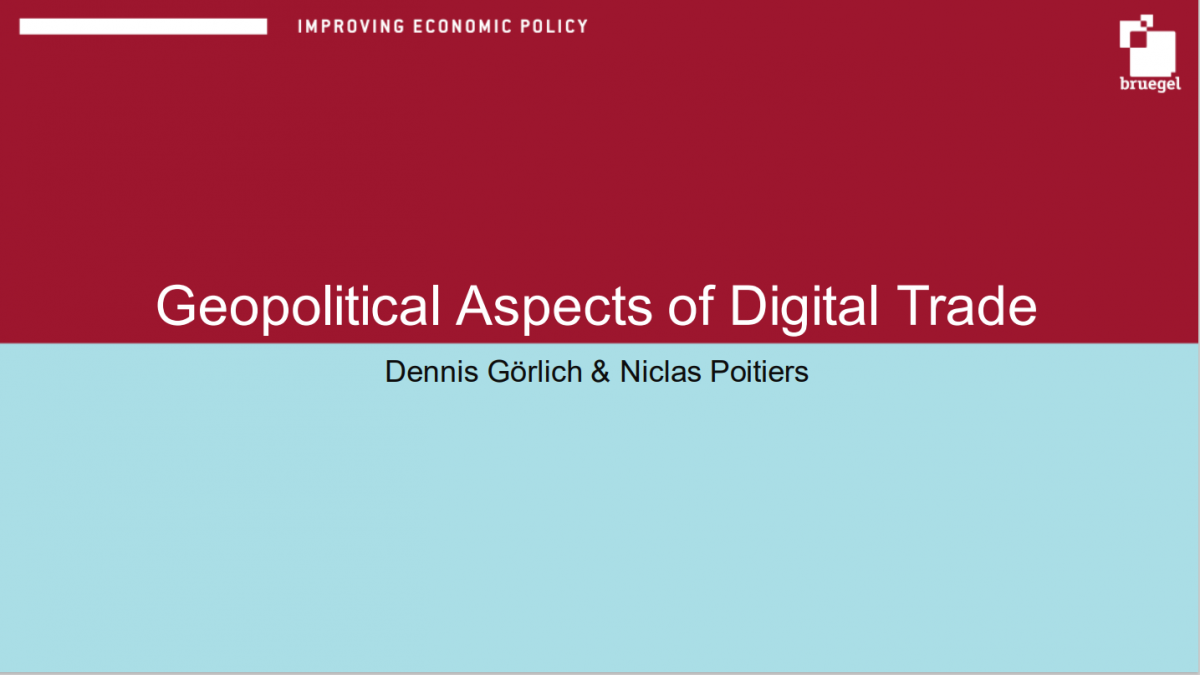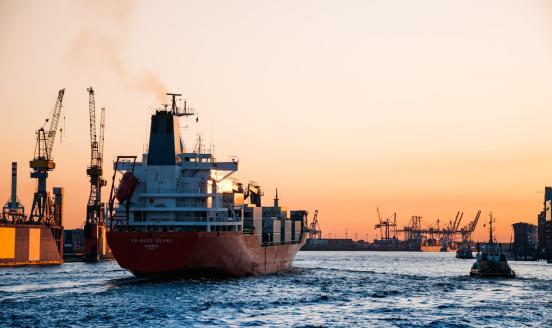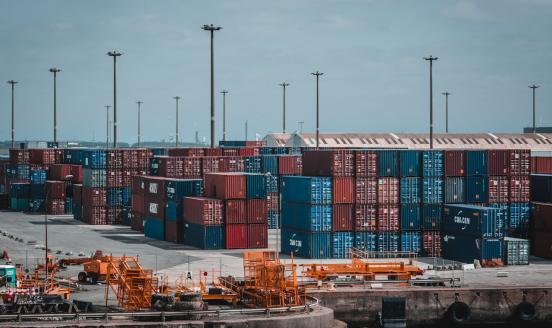External publication
Political assessment of possible future positive (cooperation) or negative (restrictive) attitudes of main trade partners of the EU
Testimony to the European Parliament on the geopolitical aspects of trade.

On November 9th 2020, Bruegel research fellow Niclas Poitiers presented his testimony and participated in a discussion with MEPs by invitation of the Committee for International Trade (INTA) of the European Parliament. At the webinar entitled 'Data flows, artificial intelligence and international trade: impacts and prospects for the value chains of the future', he presented his input drafted together with Dennis Görlich on the geopolitical aspects of digital trade.



